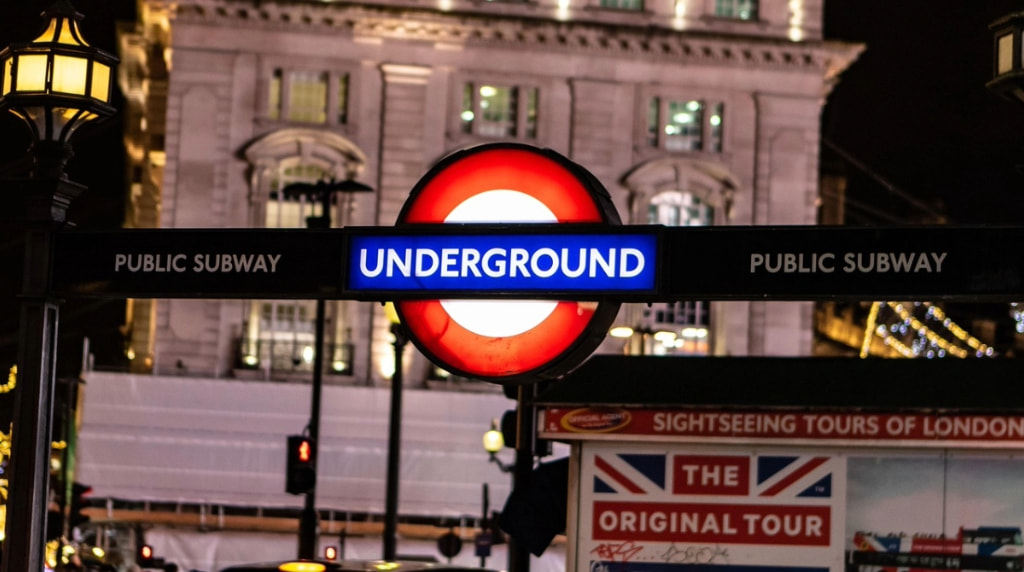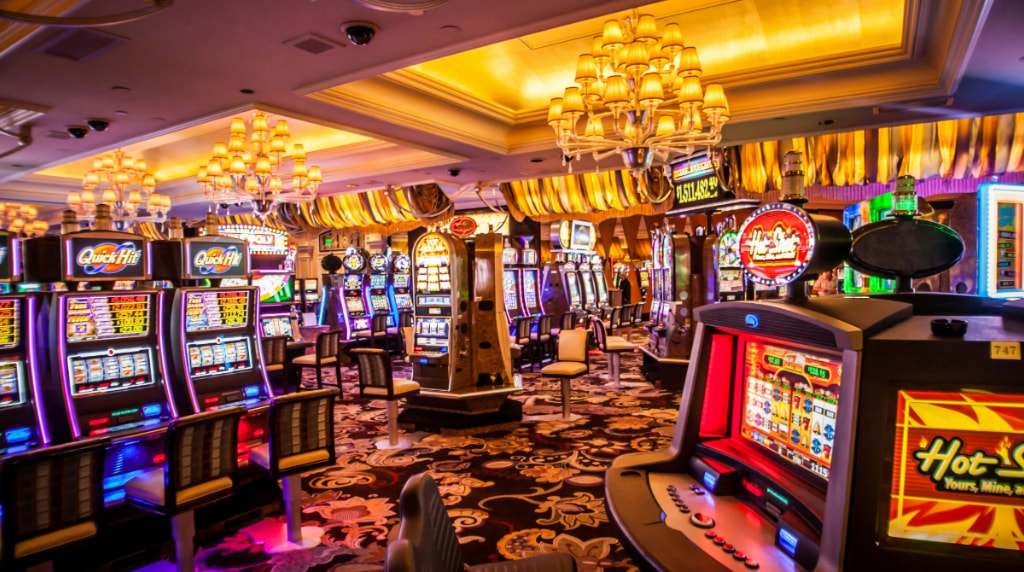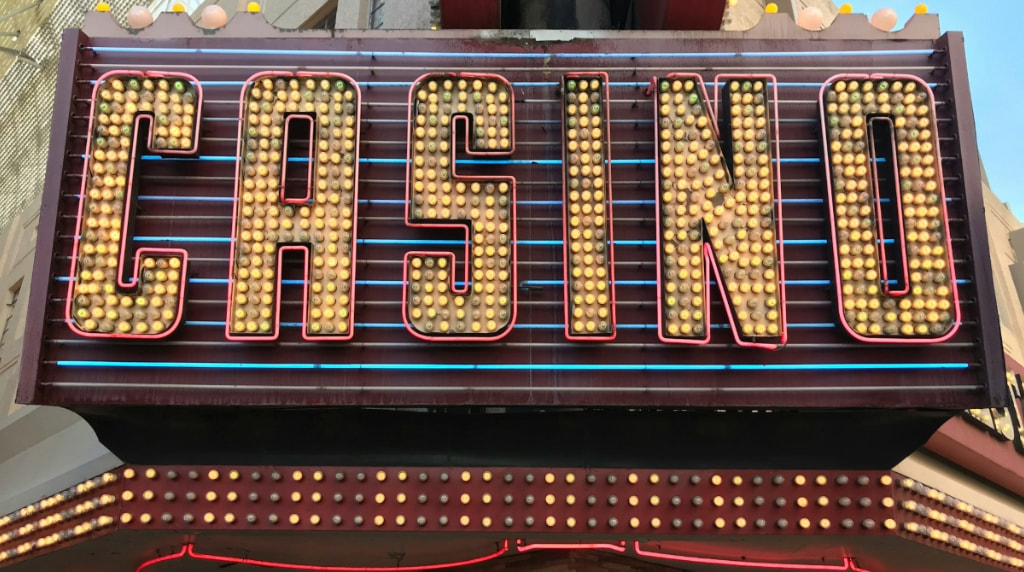Big Six Operators Deploy $15bn Macau Investment
The largest six casino operators in the city-state of Macau are preparing to deploy $15bn of investment into non-gaming developments across Macau over the next 10 years. With Macau firmly situated as the premier gambling location in the east, the city is seeking an evolution that transcends just gambling – targeting the general leisure and tourist-attraction development to cement their status as one of the top holiday destinations on the planet. This is a major gamble that should it pay off will be a huge cash-winner for the city and allow them to escape the vulnerable reliance on casino.

The city of Macau will undergo a major re-structuring of its primary revenue generating objectives – as Beijing seeks to impose a broader range of measures to diversify the city’s economy away from gambling revenues. ©AndyLeungHK/Pixabay
The Grand Lisboa hotel has been a site for sore eyes since the onset of the pandemic. The city with its strict enforcement of zero-covid restrictions meant that tourism practically ground to a halt, and the great casinos and restaurants of the resort were hardly used at all for the best part of three years. Thankfully, the measures have been relaxed last month, ending two years of an impossible business environment that inflicted billions of dollars of opportunity cost losses on the industry.
But the issues haven’t been completely fixed, and the border policies of the nation have dragged forward. Pandemic protection measures introduced by the state have made it increasingly impossible for the operators to bring forward any meaningful uptick in tourism numbers from overseas. The gambling crown has firmly been handed back to the North American rival, Las Vegas. A trend that would have seemed unstoppable pre-2020. But with one of the worst years on record, this is the modern reality for Macau.
Further adding to their financial difficulties has been the obligation forced upon the six largest operators of Macau, as part of the deal to renew their licenses that were due to expire this year, Macau’s largest casino operators have the extra financial commitment of funding projects that do not directly relate to their core business as gambling operators. This is a clause attached by Beijing when deciding to renew their operating licenses – in an attempt to diversify Macau’s economy away from the casino sector.
Sands and Galaxy Hit the Hardest
Of the big six Macau operators involved in the commitment to invest $14.9bn in infrastructure projects across Macau, Galaxy Entertainment and Sands China have been hit the hardest – with $3.5bn and $3.8bn pledged respectively. It’s an enormous sum of money that won’t be easy to recoup in the tough market conditions. The other operators also involved in the scheme include SJM Holdings, MGM China, Melco Resorts, and Wynn Macau. The unavoidable cost of doing business in the modern Macau economy that will see Beijing take a more direct and tighter grip when it comes to intervening in the economic flows across the sector.
Well over 90% of the funds being raised by the initiative will find their way to projects that have almost nothing to do with gambling. This will include refurbishments of convention facilities, the construction of exhibition centers, and the renovation of key existing venues across the city. The planners have included the establishment of theme parks, restaurants and replica venues based on key landmarks overseas.
Revenues across the industry are expected to take a hit if the diversification push is over-extended. With the government collecting 40% on gross gaming revenues, the tax departments will source far less revenue going forward in Macau than they would have previously been able to achieve before the diversification push. In plain numbers, the governments income via Macau’s tax revenues are 80% a resulting from gambling revenue, and just 15% from non-gambling activities. Given these fundamentals, rating agency, Fitch, have publicly stated that Macau will continue to use gaming as a meaningful driver of funding their operations.
The bottom line in Macau is that China needs the success story to continue; this is proven by their renewal of US casino licenses. The requirement for Macau’s success has both a financial dependency and a geo-political one too, because Macau is a perfect model for proxy Chinese control, it will be shown to Taiwan and abroad as a recipe of prosperity that can result from the direct control of Beijing. These factors will likely see Macau once again reclaim the crown for the richest gambling economy in the world in the near future.



